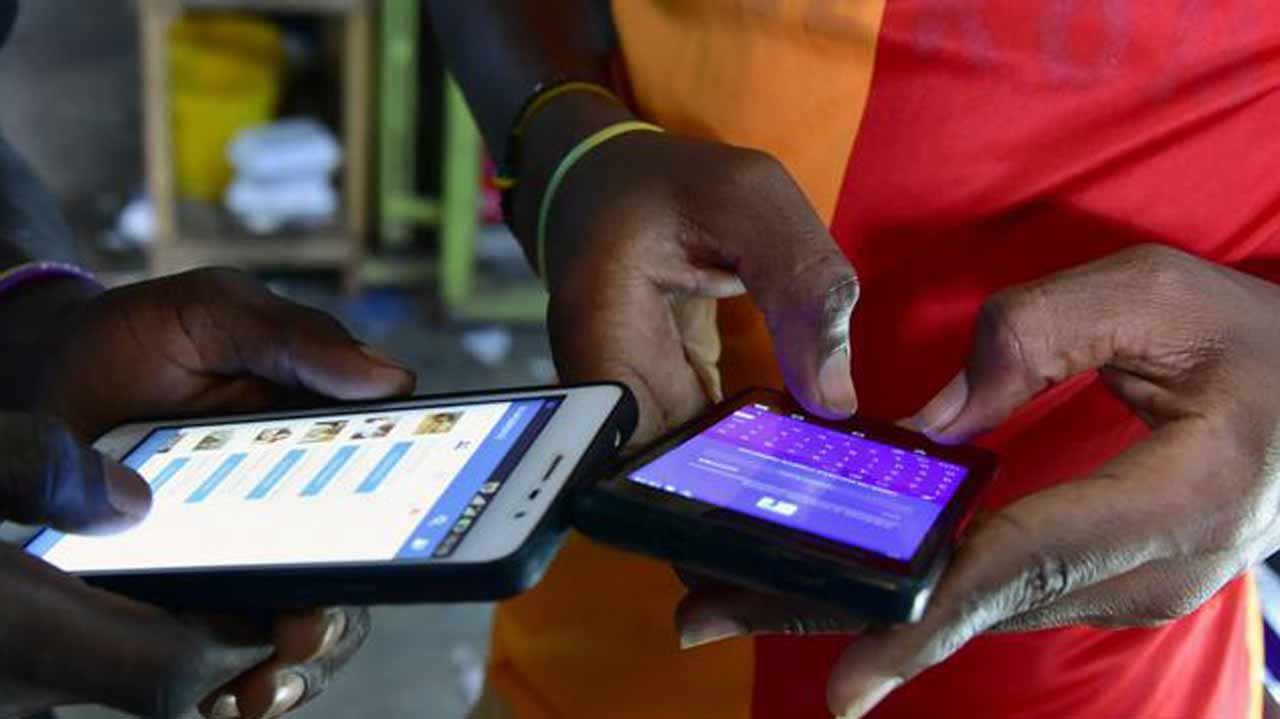The MTN Media Innovation Programme (MIP) Fellows, Cohort 4, concluded a week-long study trip to South Africa, exploring how media, diplomacy and innovation intersect in shaping Africa’s narrative.
The trip, sponsored by MTN Nigeria, provided Adaku Onyenucheya of The Guardian and 19 other Nigerian journalists, as well as content creators, with opportunities to engage with thought leaders, policymakers, and institutions across Johannesburg and Pretoria.
The South African tour deepened the fellows’ appreciation of diplomacy and media innovation and also reinforced the role of African journalists in reframing the continent’s story for a global audience.
The journey began with a city tour that offered fellows a glimpse into South Africa’s history and culture, including visits to Constitution Hill, Mandela House and the Apartheid Museum.
At the University of Johannesburg, the delegation was welcomed by senior faculty members before participating in the MTN Media Innovation Summit. Head of the Department of Communication and Media, Prof. Admire Mare, who delivered a lecture on Diplomacy in a Digital Media Context, highlighted the decline of American dominance in global politics, the rise of new power blocs, and the need for African media to reclaim agency.
“Africa must build and control its own digital platforms if we want our voices to matter in global diplomacy,” he said, urging greater investment in digital literacy and local innovation.
The fellows also took part in a panel session titled, ‘Headlines and Handshakes: The Role of Media in South Africa-Nigeria Diplomacy’.
Their presentations offered fresh perspectives on peace, diplomacy, and storytelling in Africa.
During the panel, Adeyemi Adebayo, a broadcast journalist at Africa Independent Television (AIT), addressed the dangers of unchecked falsehoods, stressing the role of journalists in safeguarding peace.
“Misinformation is a diplomatic risk factor, not just a media issue. Right journalism at the right time can prevent war,” he said, urging colleagues to see themselves as “diplomatic first responders.”
His intervention underlined how easily unverified content can inflame tensions between African states, and why the media’s responsibility extends beyond storytelling to crisis prevention.
Blessings Mosugu, a broadcast journalist at News Central TV, addressing journalism and justice, stressed the importance of balance in reporting Africa’s story.
Zainab Yetunde Adam, a broadcast journalist at SMK Radio, added a gendered dimension to the conversation, urging greater recognition of women in peace-building.
The week’s engagements extended beyond academia. The fellows visited the South African Institute of International Affairs (SAIIA), where they held discussions with governance expert Steven Gruzd on the state of South Africa-Nigeria relations.
They also met with South Africa’s Department of International Relations and Cooperation (DIRCO). They were hosted by the Nigerian High Commissioner to South Africa, HE Alexander Temitope Ajayi, for a session on bilateral ties.
The trip concluded at MTN Group headquarters in Johannesburg, where executives shared insights on the company’s strategy, innovation agenda, and communications priorities.
The launch of the Pan-African Media Innovation Programme (Pan-African MIP), in partnership with the University of Johannesburg and the African Editors Forum, was a key highlight, reflecting MTN’s commitment to advancing journalism across the continent.






